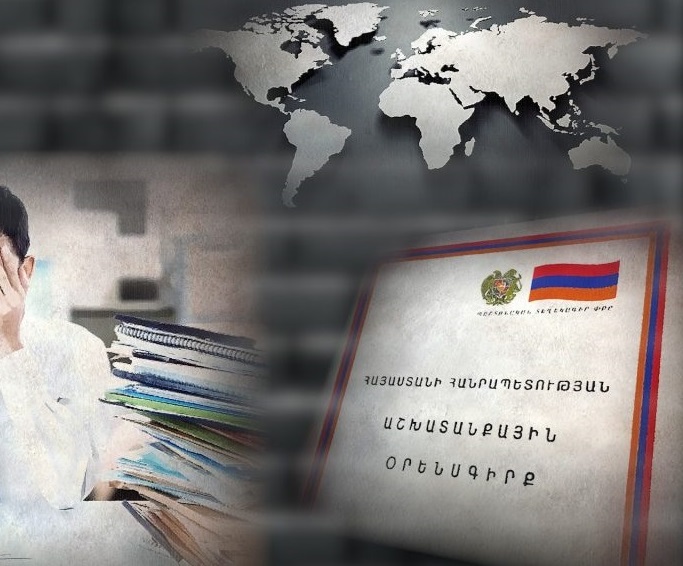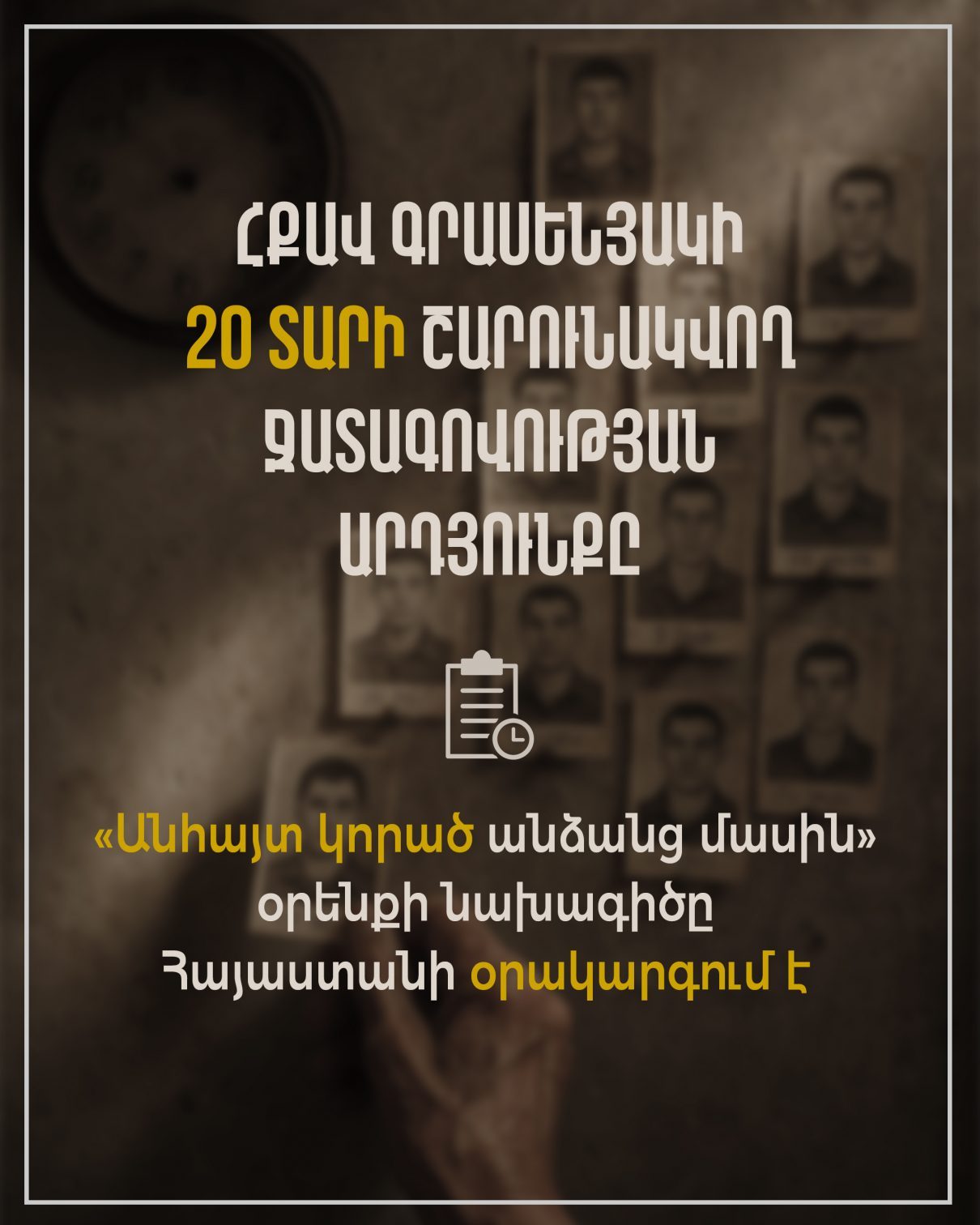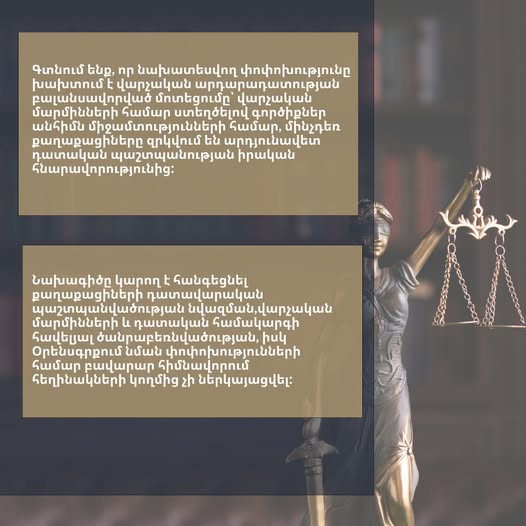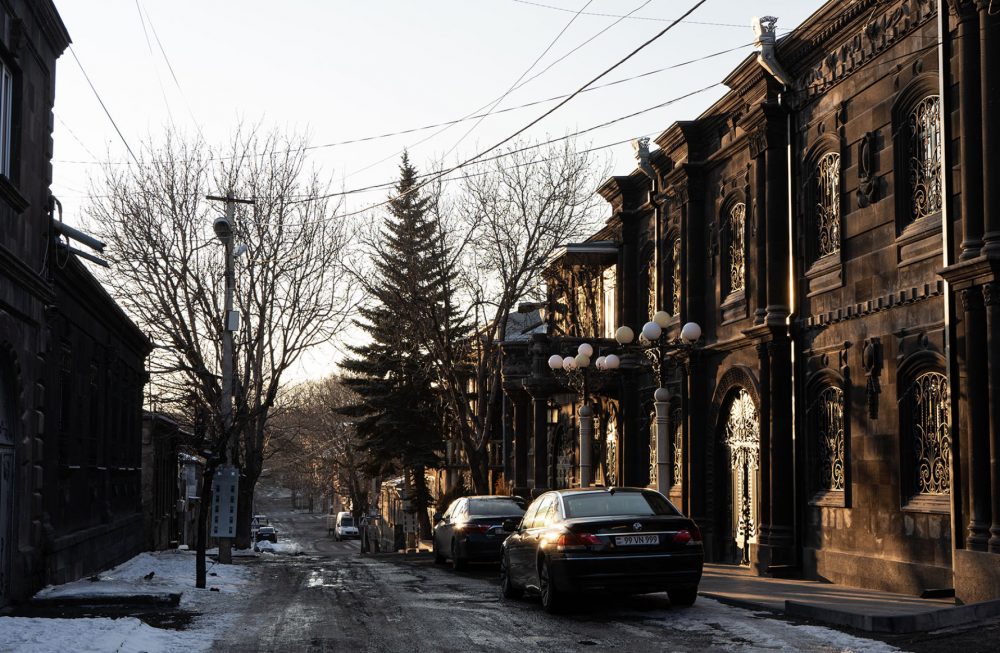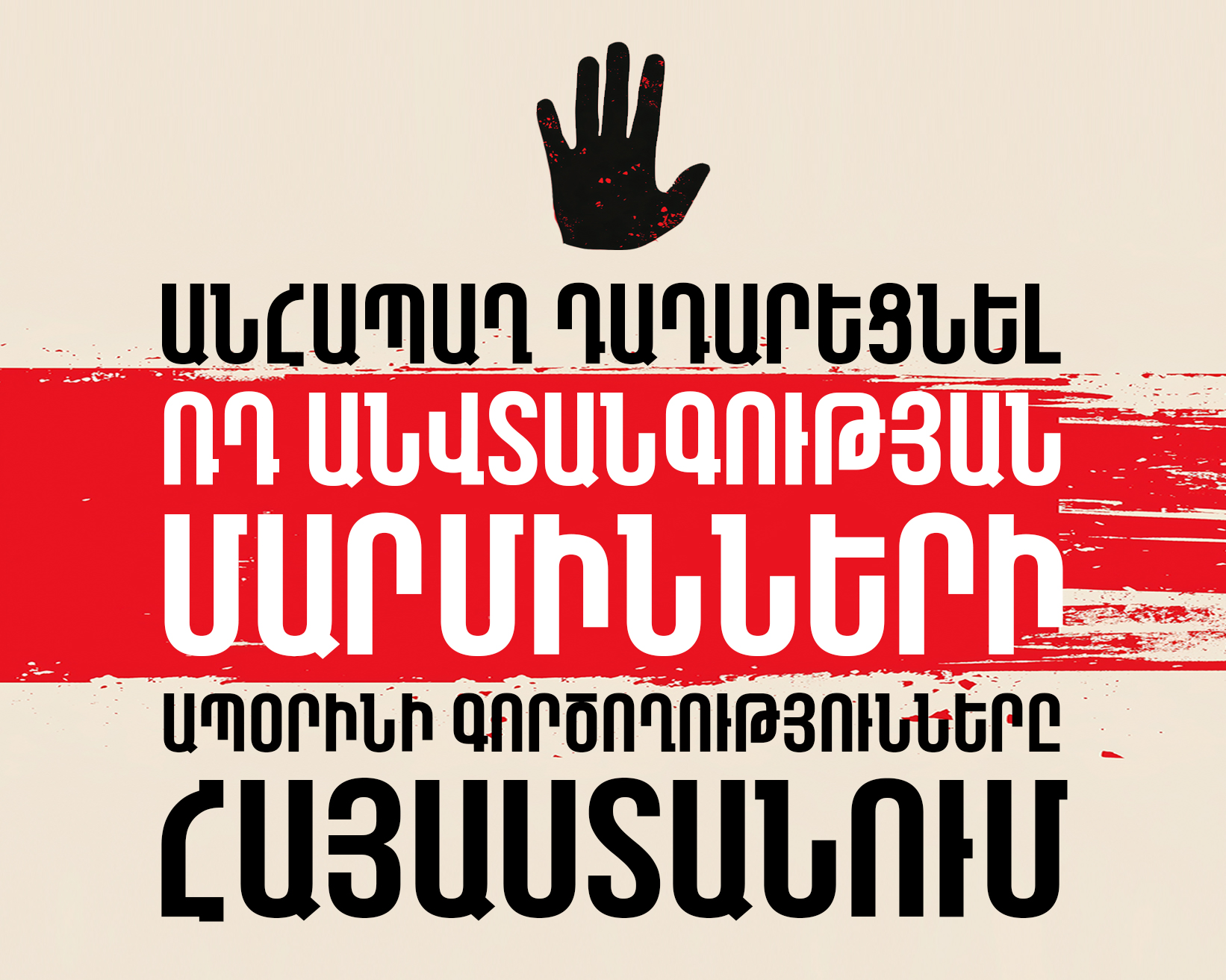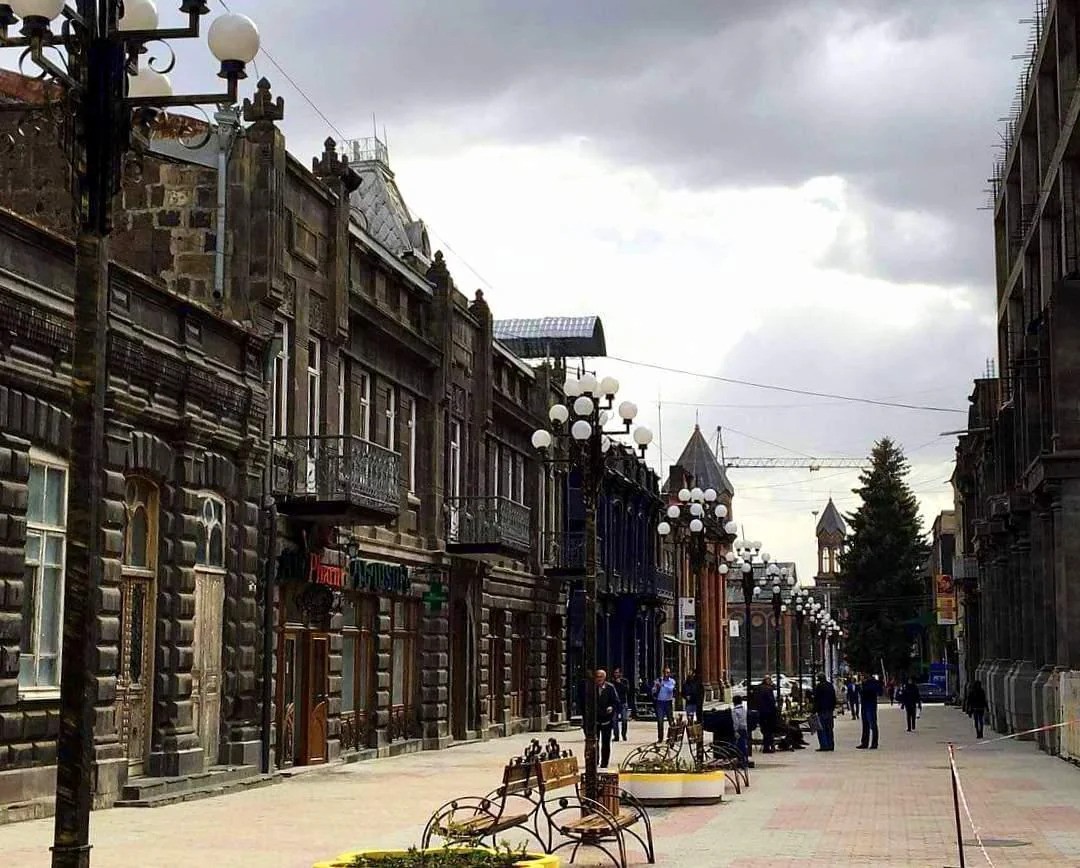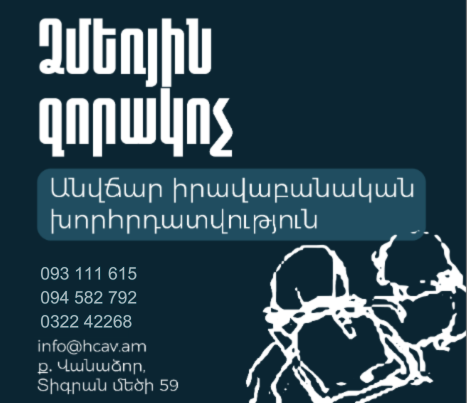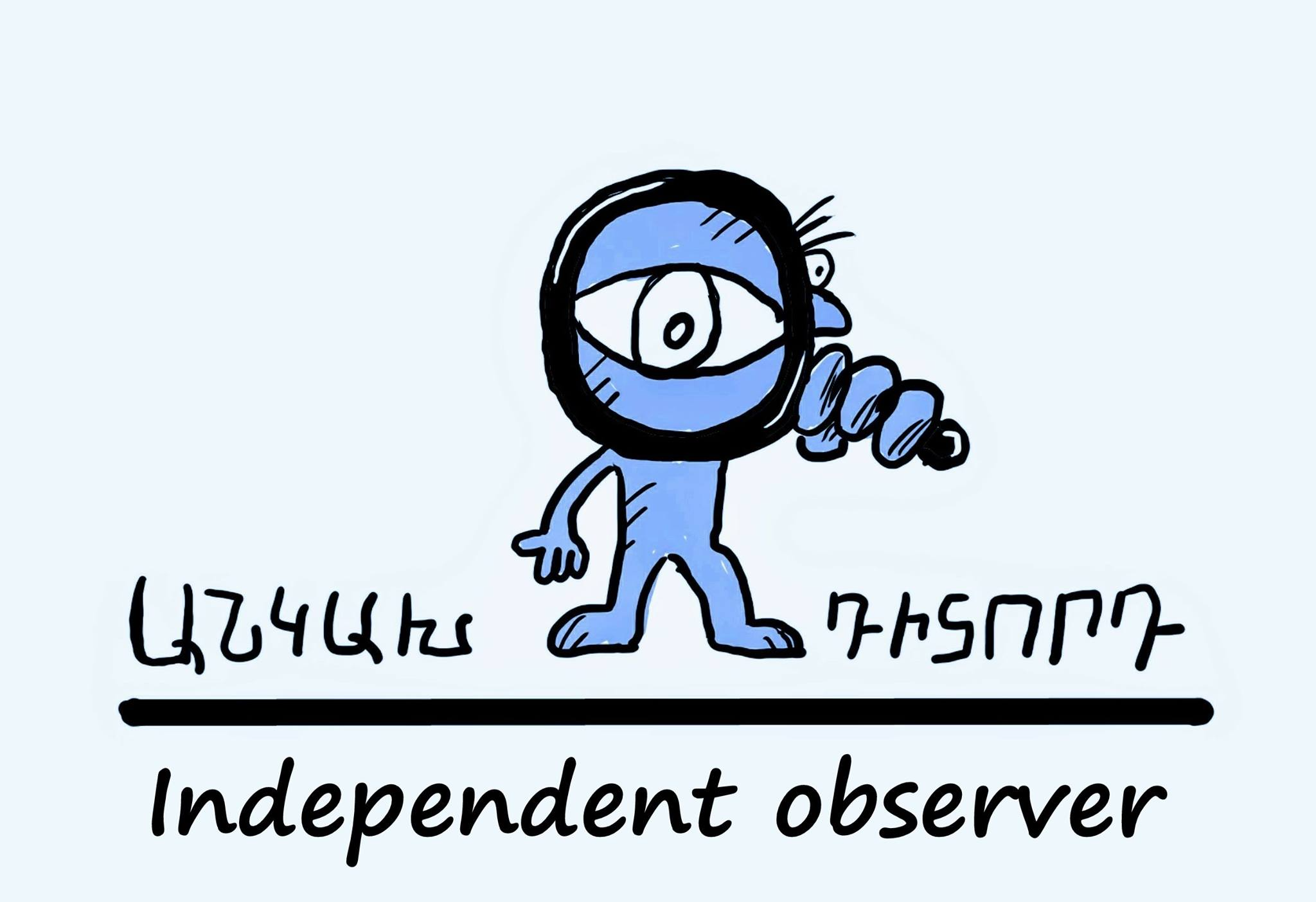




24 out of 1,200 applications for the housing program have been approved. The program is unattainable
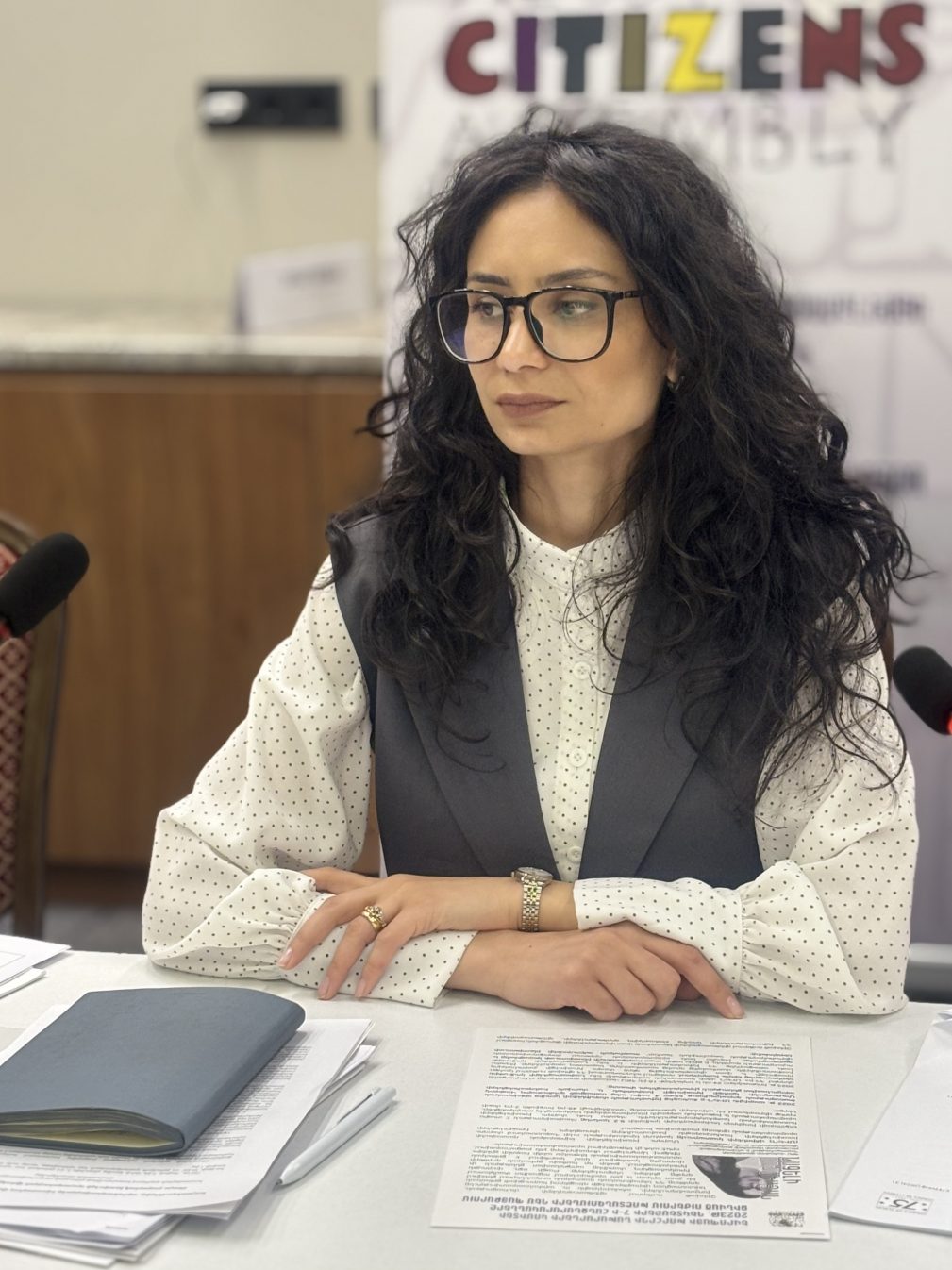
Activities | Legal Support | Legal Support | Rights | News | Right to Property
The Ministry of Labor and Social Affairs proposes amendments and addendums to the state support program for housing for families forcibly displaced from Artsakh. According to official information, as of October 24, 1,200 families, that is 4,199 persons, had applied for inclusion in the program. Only 24 applications were approved, 264 are in the processing phase, and 912 applications were rejected since at least one family member did not meet any of the program conditions.
Ani Chatinyan, the coordinator of the Legal department of the Helsinki Citizens’ Assembly-Vanadzor talked about the topic in step1.am
What do your observations show, why the number of housing programs for the beneficiaries is so small?
We have done our analyses based on the alarms received from Artsakh residents. The threshold for the housing program is very high, particularly the mandatory requirement for citizenship, which is already discriminatory and unacceptable. When the state implements such a program for the refugees, it shouldn't set such a high threshold, which will be impossible to attain. We deal with a great number of massively displaced persons, who haven’t brought documents with them or because of being in a difficult life situation, some families could not bring their documents with them.
The state bodies of Armenia have no access to the whole database of those documents, I mean the certificates of birth, marriage, and death. That is, it is not reasonable to make it mandatory to have some of the documents in the case when the Republic of Armenia does not have the obligation to provide them. The numbers are vivid: 24 applications were approved out of 1200 applications. This gives grounds to claim that the program has completely failed. It is unattainable in terms of both the requirements for citizenship, the deadlines, the submission of necessary documents, and the mechanisms for obtaining those documents.
The entire context of the program is discriminatory, since according to the provisions of the Refugee Convention, refugees in a given country must be treated equally to foreigners. The Republic of Armenia does not provide this requirement; such requirements for foreigners are not provided for by the legislation. The problems mentioned by me and the approaches requiring legal resolution already talk about the failure of the program. It is a mandatory requirement to submit certificates of birth, death, and marriage to benefit from the program, while there were dead persons almost in all families from Artsakh in the ’90s. These documents have not been saved, and Armenia does not have the databases of Artsakh. These persons are forced to go to court to have these documents restored in court. Additional resources, time, and opportunities are needed to restore them in court. On the other hand, state resources are wasted, in particular, the workload of the courts is increasing.
Thus, does it mean that this program needs a thorough review?
-Yes, there is a need for a thorough review and a need for eliminating mandatory conditions. A procedure for restoring the documents must be planned. That is, the state should allow easy solutions for the restoration of the documents rather than going to the courts. Going to court is difficult even for lawyers, and for persons who find themselves in difficult life situations, it is very difficult to deal with this madness of documentation. This is especially true when there are unprecedentedly tight deadlines for implementing the program. It also puts persons in a difficult psychological state, because no lawyer will guarantee that, given the conditions for applying, they will have a court decision in a month or two weeks.
-Artsakh residents are particularly dissatisfied with the mandatory requirement to obtain Armenian citizenship, which they consider artificial. How legitimate is this requirement?
-I have already said that this is completely discriminatory and contradicts Armenia's obligations under the Refugee Convention. I do not want to talk about political approaches, but from a legal point of view, setting such a threshold is unacceptable and discriminatory. The mandatory requirement must not be compulsory, there can be cases when persons will simply have a voluntary desire to obtain Armenian citizenship. In the context of long-term residence, persons will come to that decision themselves, whether they want to obtain citizenship or not.
Roza Hovhannisyan



